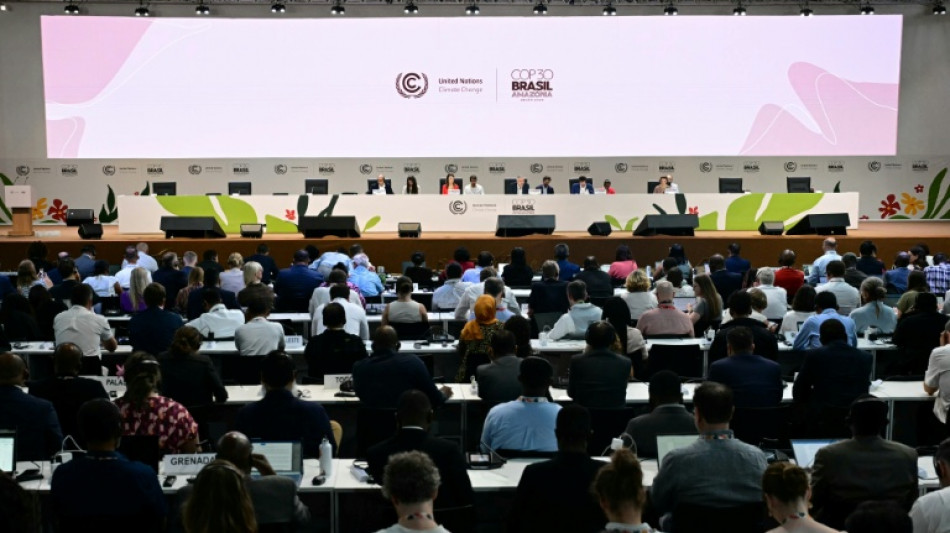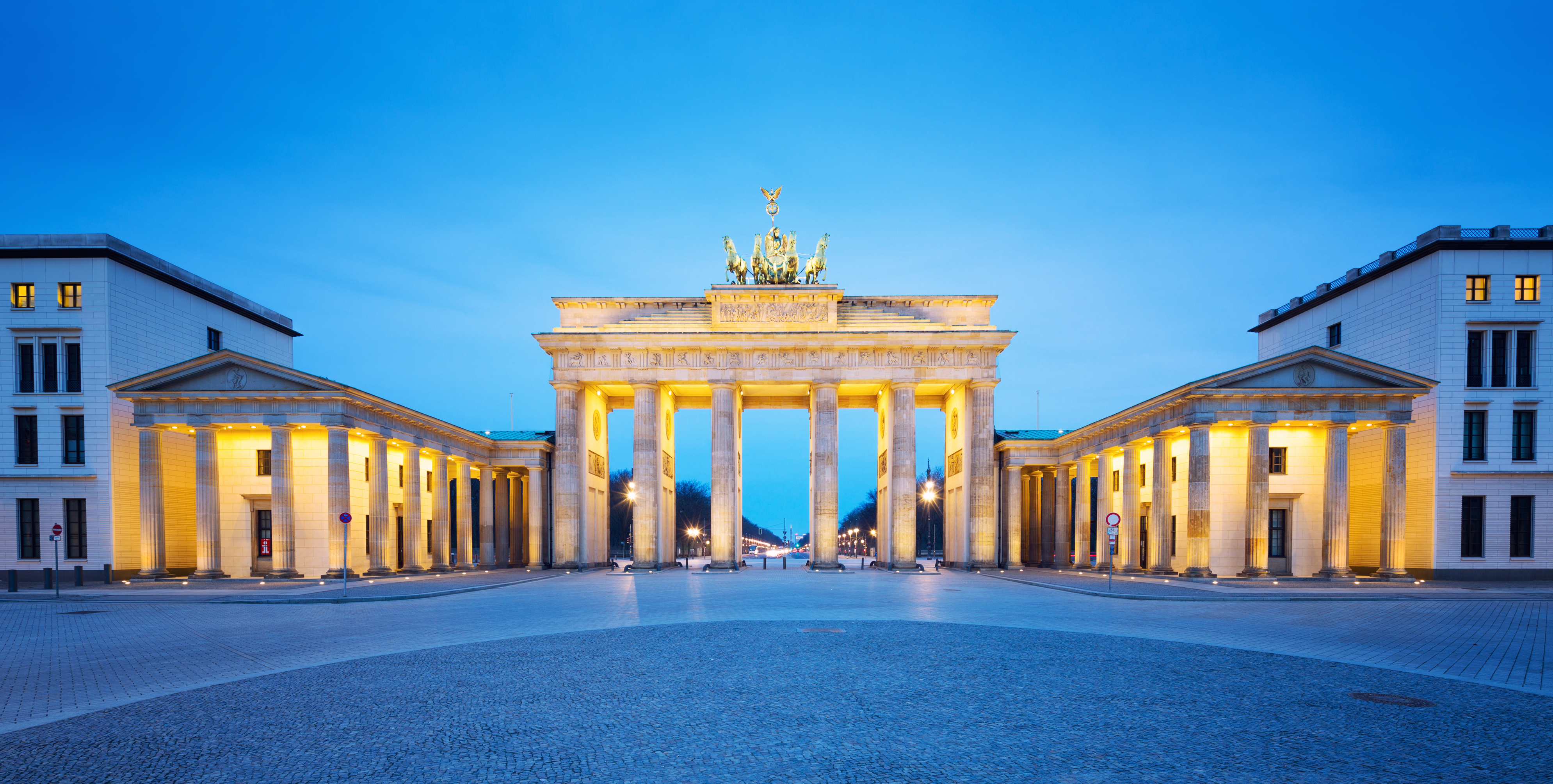

UN climate talks deadlocked as EU pushes fossil-fuel phaseout
The UN's COP30 climate talks spilled into overtime on Saturday, with the European Union in a standoff with oil producers and emerging countries over its push for a renewed commitment to a fossil-fuel phaseout.
A closing plenary was scheduled for 1300 GMT in the Brazilian Amazon city of Belem, even as nations remained deadlocked after two weeks of negotiations that were supposed to end on Friday.
The EU warned that the summit could finish without a deal after host Brazil released a draft agreement on Friday that made no mention of "fossil fuels" or a "roadmap" that President Luiz Inacio Lula da Silva had himself publicly championed.
After negotiating through the night, EU ministers were meeting on Saturday, but French ecological transition minister Monique Barbut said things were going "nowhere so far."
Thirty-six countries including wealthy nations, emerging economies and small island states had warned in a letter to Brazil that they would reject any deal that did not include a plan to move away from oil, coal and gas.
But a member of an EU delegation told AFP that the 27-nation bloc was "isolated" and cast as the "villains" at the talks.
Some EU states were weighing a walkout, the delegate added, while others feared being blamed if the talks collapsed.
Barbut has accused oil-rich Saudi Arabia and Russia, along with coal producer India and "many" other emerging countries, of refusing language on a fossil-fuel phaseout.
The push to phase out oil, coal and gas -- the main drivers of global warming -- grew out of frustration over a lack of follow-through on the COP28 agreement in Dubai in 2023 to transition away from fossil fuels.
Arunabha Ghosh, a special envoy for South Asia at the talks, shot back against "finger pointing."
"To assume that one side cares about the planet and the other side, because they are unhappy with the formulation, does not care about the planet does grievous harm to the spirit of negotiations," he told AFP.
Ghosh defended the exclusion of the "roadmap," arguing developing countries needed to ensure energy security and a just transition for their workers dependent on fossil fuel sector.
Consensus is needed among the nearly 200 nations to land an agreement at the conference, which this year is taking place without the United States as President Donald Trump shunned the event.
The head of COP30, Brazilian diplomat Andre Correa do Lago, said those who doubt that cooperation is the best way forward for climate change "are going to be absolutely delighted to see that we cannot reach an agreement between us."
- Money fight -
The annual meeting has been chaotic, with Indigenous protesters blocking its entrance last week and negotiations disrupted by a fire inside the venue on Thursday.
Developing nations, meanwhile, are pushing the the EU and other developed economies to pledge more money to help them adapt to the impact of climate change, such as floods and droughts, and move toward a low-carbon future.
The rejected draft said there was a need for a "manyfold increase" in financial support for developing countries. It also called for "efforts to triple adaptation finance" by 2030 compared to 2025 levels.
The EU has also rejected language on trade in the text.
China, India and other allied countries want COP30 to adopt a decision against trade "barriers" -- a dig at the EU's Carbon Border Adjustment Mechanism (CBAM).
CBAM, which will become fully operational next year, targets imports of carbon-intensive goods such as steel, aluminum, cement, fertilizers, electricity and hydrogen.
L.Bergmann--BVZ




